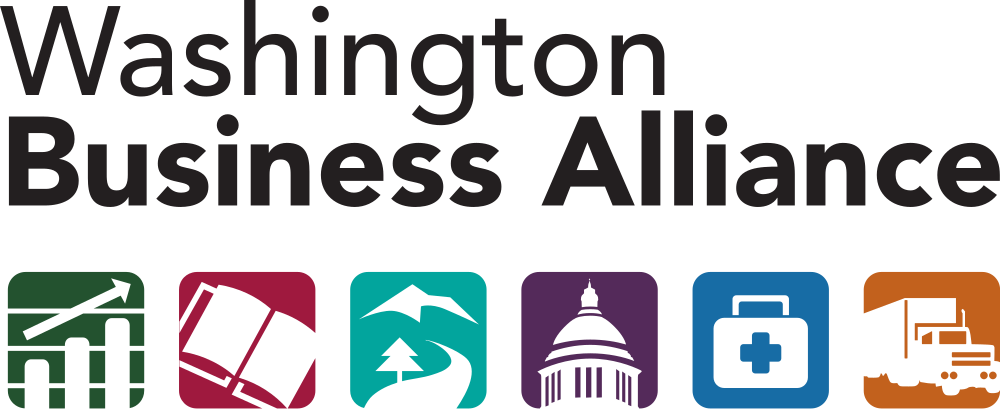
Probably the most important and contentious question in education in our state is whether the Common Core State Standards (CCSS) are better than the Washington State standards. Education standards were developed originally to ensure that all students were educated to an adequate level to participate in society and Washington had excellent standards. The Common Core State Standards were developed by the National Governors’ Association, when Christine Gregoire was Governor. The good news is that CCSS are also high and Washington students benefit in other ways from their adoption, which will be completed in this new school year.
Although education is a common good and not a market commodity, textbooks are a market commodity. One problem with Washington State standards is that they were one set among 50 state standards. Textbook companies do not publish 50 different textbooks geared to each state. They publish one textbook, largely written for the biggest textbook market, the State of Texas. There were no textbooks written to Washington State standards.
When Washington adopted the Common Core, it became part of the largest market for textbooks. This should mean thinner, more clearly written textbooks. Also, because the standardized tests for the CCSS are digital, they may hasten the development of interactive digital texts that can be updated as the standards are refined and as cognitive research improves our understanding of teaching and learning.
Some people are concerned about the change in the emphasis of some of the standards. For instance, there is an increased emphasis on non-fiction in language arts. Elementary Common Core State Standards include reading for comprehension in science and social studies. It is a little known fact that social studies is not taught in many elementary schools. Washington State did have top notch science standards and yet many elementary teachers report teaching one hour or less of science per week. The addition of non-fiction in language arts will broaden the curriculum in these neglected subjects in elementary.
 Some people say that the CCSS is not research based. While it is true that no double blind studies were done, the committee members did visit high performing countries to look at their standards. For instance, Phil Daro, one of the authors of the math standards, tells of asking Singapore educators why they moved teaching fractions division to sixth grade. He was told that it did not work to teach it in fifth grade. Daro says, “That brought up the idea that standards should work.” The order that math is taught is largely traditional. While the CCSS is not research based it does benefit from an examination of best practices in the U.S. and in other high performing countries.
Some people say that the CCSS is not research based. While it is true that no double blind studies were done, the committee members did visit high performing countries to look at their standards. For instance, Phil Daro, one of the authors of the math standards, tells of asking Singapore educators why they moved teaching fractions division to sixth grade. He was told that it did not work to teach it in fifth grade. Daro says, “That brought up the idea that standards should work.” The order that math is taught is largely traditional. While the CCSS is not research based it does benefit from an examination of best practices in the U.S. and in other high performing countries.
Some opponents say they are not opposed to the Standards, they are opposed to the standardized tests that go along with the new standards. They are concerned about the costs and the learning curve during the switch to digital testing.
The majority of the cost for the CCSS will be to upgrade school technology for the switch to digital tests. Internet connections will need to be upgraded to handle the traffic during the test. Schools will need to buy enough computers. Washington should be doing this anyway. Schools need good technology. The new tests will provide results to students and the school district in weeks, instead of in late August, as they are now. Students, who are the digital natives, are overwhelmingly positive about their experience with the new tests.
Washington will use the Smarter Balance tests, which unlike the previous WASL and MSP tests, also includes formative and interim tests. Because the tests are digital, students and teachers receive real time feedback about their progress during the school year.
The Common Core State Standards represent a big change in education. Washington is voluntarily joining with other states to raise standards for its students. The CCSS is a solution for problems of parochialism and puts Washington into a better market for textbooks and curriculum. Teachers will be able to develop and share lessons with teachers in other parts of the country.
Participation in the CCSS means that military and other families who move to Washington from other CCSS states will have a smooth transition into their new schools. Technology demands for the CCSS tests will facilitate technology adoption and integration into schools and will provide teachers and students with more real time information about their progress. The Common Core State Standards, will bring a few challenges to meet higher standards and to switch from paper to digital tests, but they are an upgrade from the old Washington State standards. Washington students will receive a better education because of the Common Core State Standards.
* Editor’s Note: This is a guest authored piece and does not necessarily reflect the views of the Washington Business Alliance.
The Washington Business Alliance frequently features guest authored content on our blog Catalyst. If you would like to become a featured guest author, guidelines and information can be found in the post “Contribute To This Blog: Here’s How”.
